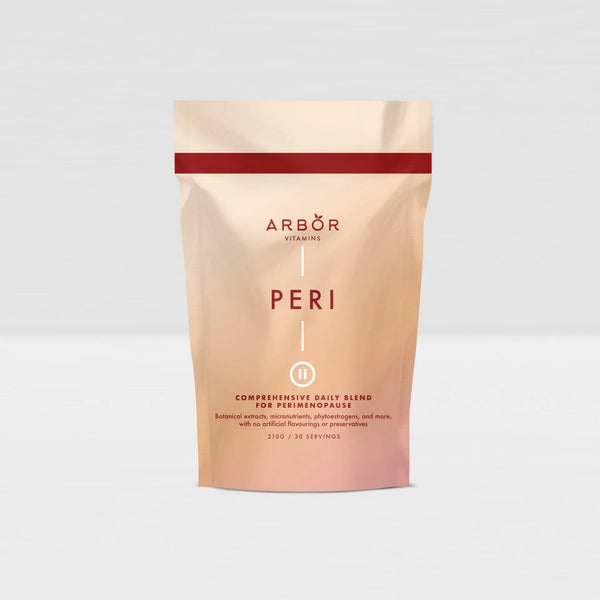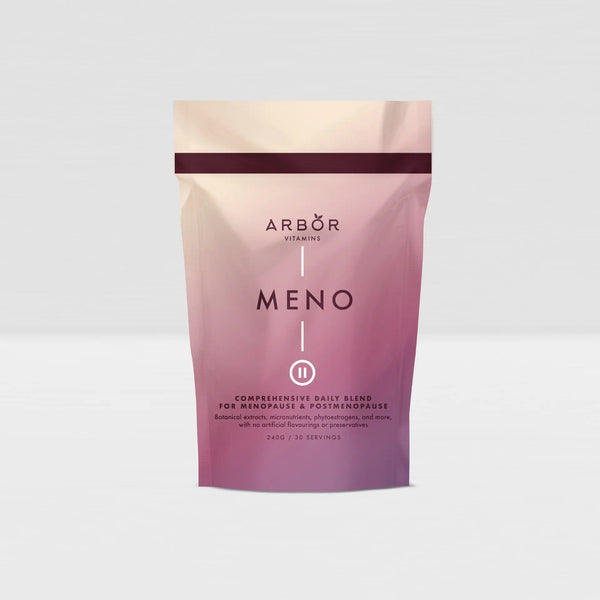Effects of Alcohol on Gut Health
Effects of Alcohol on Gut Health: Alcohol's is used in our society both socially and culturally across the globe. Beyond its psychoactive properties, lies a complex relationship between alcohol and our gut health. Alcohol consumption can alter gut microbiota, impact digestion, and even contribute to disorders like leaky gut syndrome.
1. Alcohol and the Gut Microbiota
The Gut Microbiota Composition: The gut is home to trillions of microorganisms – referred to as the gut microbiota. These microscopic bacteria play a pivotal role in digestion, nutrient absorption, and immune function.
Alcohol's Disruptive Role: Frequent alcohol consumption can skew the balance of these beneficial microbes. Studies suggest that alcohol reduces bacterial diversity, allowing harmful bacteria to thrive at the expense of beneficial ones. 
- Dysbiosis: Alcohol can cause an imbalance in the gut microbial composition, with a noted reduction in Bacteroidetes and an increase in Proteobacteria.
- Pathogenic Proliferation: Some studies suggest alcohol can promote the growth of potentially pathogenic bacteria, increasing susceptibility to infections.
2. Impaired Digestive Processes
Digestion and Nutrient Absorption: Our gut efficiently breaks down food, extracting essential nutrients in the process. Enzymes, hormones, and gut motility are vital players in this choreography.
Alcohol's Interference: Chronic alcohol intake can compromise these processes. For instance, alcohol can inhibit the production of digestive enzymes from the pancreas, leading to malabsorption and digestive discomfort. 
Alcohol stimulates the stomach's parietal cells to produce more hydrochloric acid, leading to:
- Hyperacidity: Increased acidity can precipitate gastritis or exacerbate pre-existing ulcers.
- Gastroesophageal Reflux Disease (GERD): Alcohol relaxes the lower oesophageal sphincter, potentially leading to reflux and associated symptoms.
3. Leaky Gut Syndrome and Alcohol
Intestinal Permeability: Our intestines possess a selectively permeable barrier, allowing nutrients to pass while blocking harmful substances.
Alcohol's Detrimental Effect: Regular alcohol consumption can disrupt this barrier, increasing intestinal permeability. This phenomenon, commonly referred to as 'leaky gut', can lead to harmful substances entering the bloodstream, triggering inflammation and potentially contributing to a host of diseases. 
- Tight Junction Disruption: Alcohol can compromise the proteins that form tight junctions between intestinal epithelial cells, leading to a "leaky gut."
- Endotoxemia: Due to impaired barrier function, bacterial endotoxins (like lipopolysaccharides) can translocate into the bloodstream, leading to systemic inflammation.
4. Impact on Nutrient Absorption
Alcohol impedes the absorption of essential nutrients, including:
- Vitamins: Particularly thiamine (Vitamin B1), riboflavin (Vitamin B2), and folate.
- Minerals: Zinc and magnesium absorption can be compromised
5. Navigating Alcohol Consumption for Gut Health
While moderate alcohol intake might offer some benefits, it's essential to understand its potential repercussions on gut health. Opting for gut-friendly alcoholic options, practicing moderation, and integrating probiotics can help maintain a balanced gut environment.
The intricate relationship between alcohol and gut health is a testament to the gut's centrality in overall health. By understanding the effects of alcohol on the gut, individuals can make informed choices, ensuring both social enjoyment and physiological well-being.












